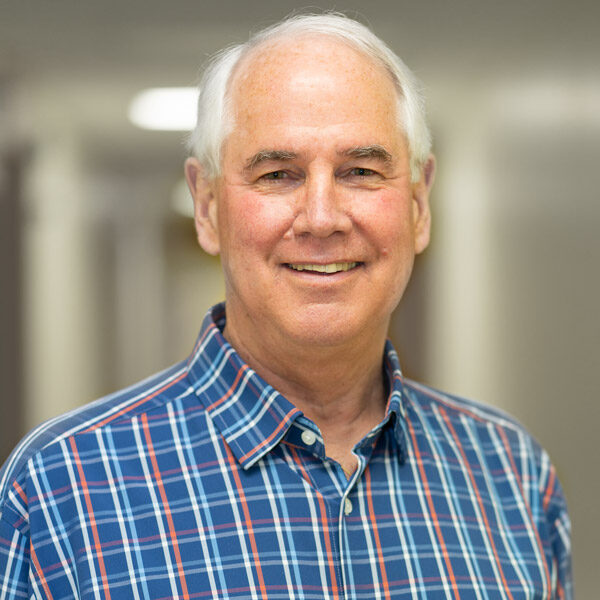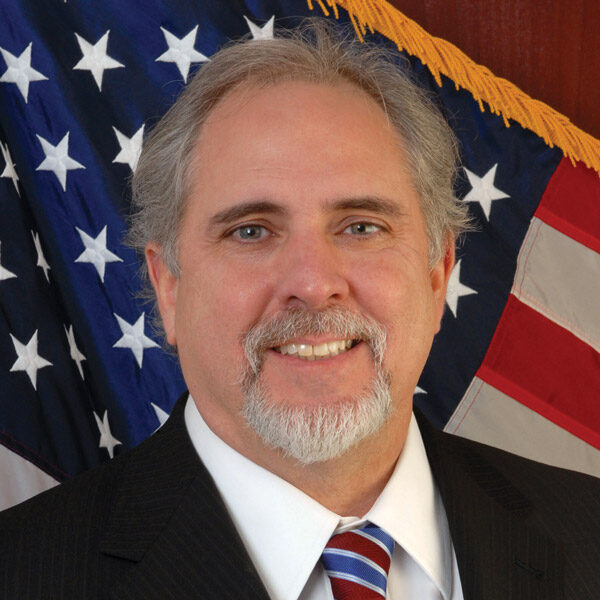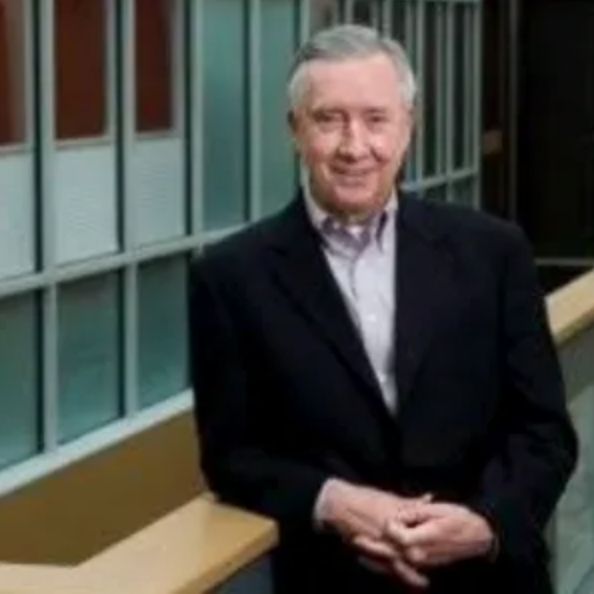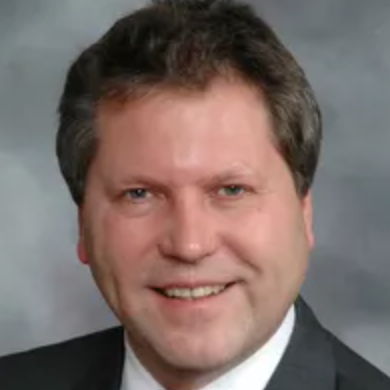LEADERSHIP
Management

Roger S. Newton, Ph.D., FAHA, FACN
Founder and Chairman of the Board
Dr. Newton is a founder and the board chair of Esperovax. He is also a fellow of the American Heart Association. Prior to starting Esperovax, he was co-founder, president and CEO of Esperion Therapeutics (ESPR) in 2008 after serving as senior vice president, Global R&D, for Pfizer Inc (2004-2008). Previously, Dr. Newton co-founded the original Esperion (1998-2004) until it was acquired by Pfizer in 2004 for $1.3 billion. He also chaired the Atherosclerosis Drug Discovery Team at Warner Lambert (1981-1993), during which he co-discovered and was the product champion of Lipitor; and was a Distinguished Research Fellow (1994-1998), actively preparing the Lipitor NDA and the product’s eventual worldwide launch.
Dr. Newton has been director of several life-science companies including Juventas Therapeutics, Inc. and Rubicon Genomics, Inc. In addition, he is a member of the National Advisory Boards for the Life Science Institute and Cardiovascular Center at the University of Michigan. Dr. Newton earned a Ph.D. in Nutrition from the University of California, Davis, an M.S. in Nutritional Biochemistry from the University of Connecticut, and a B.S. in Biology from Lafayette College.

Robin A. Robinson
President and CEO, and Board Member
Dr. Robinson is a respected authority on the development of breakthrough biomedical technologies, and a seasoned expert in consummating collaborations with leading US government agencies, Fortune 500 companies, academic research groups, and foreign governments, for which he was cited in 2018 as one of the top 100 innovators in medicine by The Medicine Maker. Notably, Dr. Robinson was appointed as the first director of the Biomedical Advanced Research and Development Authority at the U.S. Department of Health and Human Services, managing an annual budget of $1.35 billion and a staff of 250 scientists and medical experts. He brought BARDA into prominence as one of the top 10 fully integrated R&D organizations worldwide supporting advanced development and acquisition of more than 240 drugs, vaccines, diagnostics, and medical devices for man-made biodefense threats, pandemic influenza, and emerging infectious diseases, including Ebola and Zika viruses. Some 32 of these medical countermeasure products were approved and licensed by the U.S. Food and Drug Administration during his 12-year tenure.

David O'Hagan Ph.D.
Co-Founder and Chief Operating Officer
David is the COO, inventor, and co-founder of Esperovax. Dr. O’Hagan Earned his Ph.D. in Molecular Medicine and Genetics developing microarray technology for Genomic Solutions - that he spun off as Streamline Proteomics with Sloan Ventures, using microspheres to capture and analyze genomic and proteomic data. He completed his post-doctoral work at the Burnham Institute (La Jolla, California), returning later to Michigan to develop a novel cancer therapy for melanoma at the Karmanos Cancer Institute. Dr. O’Hagan also developed several products as a product manager for Stratagene (La Jolla, California), followed by a position in sales for Sigma-Aldrich (St. Louis, Missouri).
Dr. O’Hagan earned his Ph.D. in Molecular Biology from Wayne State University School of Medicine in 2002. Prior to that, he gained his Bachelor of Science degree in Biophysics at Lawrence Technological University.

Savita Nikam Ph.D.
Co-Founder and Chief Science Officer
Dr. Nikam has more than 20 years of research experience in academia and with biotechnology companies. Her expertise includes molecular biology, protein biochemistry, and expression of products from mammalian, yeast, and bacterial expression systems. Dr. Nikam gained extensive experience in molecular imaging research at Charles River Co, manipulating different cancer cell lines and generating reporter models for in vivo imaging of apoptosis following new cancer drug treatment. Her research included the development of a potent viral vaccine against Japanese encephalitis from primary chick embryo cell cultures. Dr. Nikham received her Ph.D. in microbiology from the National Institute of Virology, Pune University, India. She completed her post-doctoral research on the mechanism of HIV reverse transcriptase fidelity and the kinetic basis of drug resistance at the University of Michigan.

David M. Roth
Board Member
David M. Roth is a Senior Managing Partner of SouthOcean Capital Partners, Inc., which has invested in real estate, venture capital, and public and private markets, both internationally and in the United States.
Previously, he served as a Principal and Managing Director of WLD Enterprises, Inc., a private investment company. Roth began his professional career in the Farmington, Connecticut law firm of Levy & Droney, P.C., where, as a partner, he specialized in litigation, investment banking and public finance law.
Roth is a Trustee at Lafayette College, a Director of the Connecticut Children’s Medical Center (Chair), the Hartford Symphony Orchestra, the Bushnell Center for the Performing Arts and the Hartford Foundation for Public Giving. He is also a past Director for the Jewish Community Foundation and the League of American Orchestras. Roth previously served on the Board of Directors of USI Holdings, Inc., CMC, Inc., Omniglow Corporation, Genomas Inc., and Exploria SPS.
He earned a bachelor’s degree from Lafayette College, an M.A. (with distinction) from the University of Virginia and a J.D. from the University of Connecticut (cum laude).

Eli L. Thomssen
Board Member
Eli Thomssen is a founder and board member of Esperovax. He spent most of his career working in the animal health division for The Upjohn Company, serving as vice president of Business Development and Strategic Planning. He is also a founding member of startup investment firms Apjohn Group and Ka-Zoo Angels (affiliated with Grand Angels, Grand Rapids, Michigan).
Thomssen has also served as a board member for notable companies such as ProNAi Therapeutics, Axenic, Armune BioScience, Vestaron, and most recently Adlore Inc. He was also a senior consultant at Brakke Consulting until 2001 before becoming the founding principal at Apjohn. Thomssen earned a Bachelor of Science degree from the University of Nebraska and an MBA from Western Michigan University.
Advisors

Randy Wayne Schekman
Dr. Schekman is a professor in the Department of Molecular and Cell Biology, University of California, Berkeley, and an investigator of the Howard Hughes Medical Institute (Chevy Chase, Maryland). He studied the enzymology of DNA replication as a graduate student with Arthur Kornberg at Stanford University. His current interest in cellular membranes developed during a postdoctoral period with S. J. Singer at the University of California, San Diego. Among his awards are the Gairdner International Award, the Albert Lasker Award in Basic Medical Research, and the Nobel Prize in Physiology or Medicine, which he shared with James Rothman and Thomas Südhof. He is a member of the National Academy of Sciences, the National Academy of Medicine, the American Academy of Arts and Sciences, the American Philosophical Society, a Foreign Associate of the Accademia Nazionale dei Lincei, a Foreign Associate of the Royal Society of London and an Honorary Academician of the Academia Sinica. In 1999, he was elected president of the American Society for Cell Biology. Dr. Schekman served as editor-in-chief of the Annual Reviews of Cell and Developmental Biology (2002-2017), editor-in-chief of the Proceedings of the NAS (2006-2011), and in 2011 he founded and until 2019 served as editor-in-chief of the open-access journal eLife, sponsored by the HHMI, Wellcome Trust and the Max Planck Society.
Beginning in 2019, he became the scientific director of ASAParkinson’s, an effort supported by the Sergey Brin Family Foundation to identify and support basic research on the mechanisms of Parkinson’s Disease initiation and progression. Dr. Schekman’s laboratory investigates the mechanism of membrane protein traffic in the secretory pathway in eukaryotic cells. Currently, the lab investigates the mechanism of biogenesis of extracellular vesicles including how small RNAs are sorted for secretion in exosomes and the means by which these vesicles are internalized and function in target cells.

Adolfo García-Sastre
Dr. García-Sastre is a Professor in the Department of Microbiology and Director of the Global Health and Emerging Pathogens Institute of Icahn School of Medicine at Mount Sinai in New York. For the past 25 years, his research interest has focused on the molecular biology of influenza viruses and several other negative-strand RNA viruses. During his post-doctoral training in the early 1990s, he developed, for the first time, novel strategies for the expression of foreign antigens by a negative-strand RNA virus, an influenza virus. Dr. Garcia-Sastre has made major contributions to the influenza virus field, including the development of reverse genetics techniques allowing the generation of recombinant influenza viruses from plasmid DNA, (studies in collaboration with Dr. Michael Palese); the generation and evaluation of negative-strand RNA virus vectors as potential vaccine candidates against different infectious diseases, including malaria and AIDS; and the identification of the biological role of the non-structural protein NS1 of influenza virus during infection: the inhibition of the type I interferon (IFN) system. His studies provided the first description and molecular analysis of a viral-encoded IFN antagonist among negative-strand RNA viruses. These studies led to the generation of attenuated influenza viruses containing defined mutations in their IFN antagonist protein that might prove to be optimal live vaccines against influenza. Dr. Garcia-Sastre’s research has resulted in more than 480 scientific publications and reviews. He is the director of the Center for Research on Influenza Pathogenesis (CRIP), one of the five NIAID-funded Centers of Excellence for Influenza Research and Surveillance.

Jürgen A. Richt
During Dr. Richt's 25-year scientific career, he has studied pathogen-host interactions in various infectious disease models, including avian and swine influenza viruses, African Swine Fever, Rift Valley Fever, prion diseases, and Borna Disease. On these topics, Dr. Richt has published more than 200 peer-reviewed scientific manuscripts. He is the editor for Virus Genes and serves on editorial boards for other scientific journals. Currently, Dr. Richt is the director of the Center of Excellence for Emerging and Zoonotic Animal Diseases and holds the prestigious Regents Distinguished Professor appointment at Kansas State University (Manhattan, Kansas), where he is a Kansas Bioscience Authority Eminent Scholar.

Don Ganem
Don Ganem is a virologist and infectious diseases specialist whose research has focused on the replicative and pathogenetic mechanisms of hepatitis B virus (HBV) and Kaposi's sarcoma-associated herpesvirus (KSHV); and the search for new viruses in human disease states. After graduating from Harvard College in 1972, he received his MD from Harvard Medical School and went on to residency and chief residency in internal medicine at the Peter Bent Brigham Hospital. He did subspecialty training in infectious diseases at UCSF, where he worked in the laboratory of Nobel laureate Harold Varmus prior to joining the faculty there, ultimately becoming Professor of Microbiology & Immunology and Medicine at UCSF, and an Investigator of the Howard Hughes Medical Institute. In 2011, he left UCSF to become Global Head of Infectious Disease Research at the Novartis Institutes for Biomedical Research.
